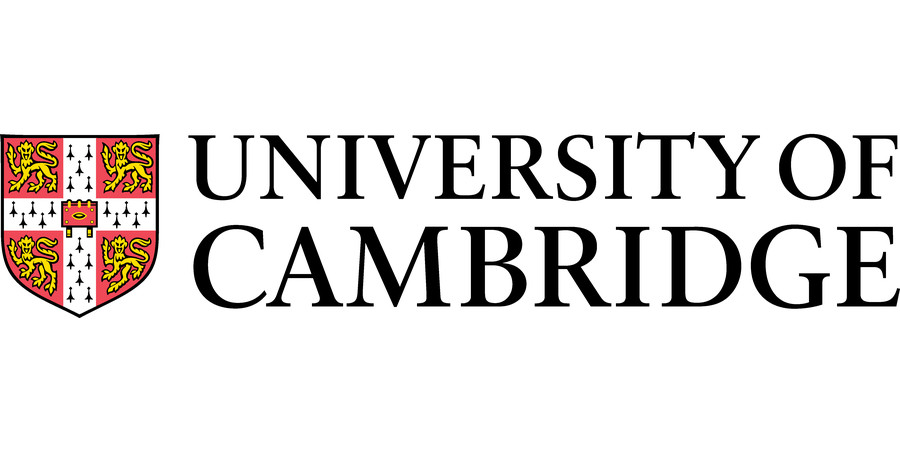Research Assistant (Fixed Term)
University of Cambridge - Department of Computer Science and Technology
| Location: | Cambridge |
|---|---|
| Salary: | £33,002 to £35,608 per annum |
| Hours: | Full Time |
| Contract Type: | Fixed-Term/Contract |
| Placed On: | 2nd September 2025 |
|---|---|
| Closes: | 22nd September 2025 |
| Job Ref: | NR47142 |
Fixed-term: The funds for this post are available for 12 months in the first instance.
We are excited to announce an exceptional opportunity to advance the field of 3D video content evaluation and immersive experiences. Be at the forefront of developing groundbreaking metrics and visual models to predict quality and comfort in next-generation 3D, AR, and VR displays.
As part of our research group creators of leading perceptual metrics such as HDR-VDP, FovVideoVDP, and ColorVideoVDP you'll focus on automated solutions that detect and quantify visual artifacts, depth errors, and overall 3D content quality. Your work can be instrumental in shaping how immersive media is experienced by millions.
What you'll do:
Design and run innovative psychophysical experiments using state-of-the-art stereoscopic and VR equipment
Collect, scale, and analyse subjective data from users
Develop new visual models and predictive algorithms, combining expertise in psychophysics and machine learning
Collaborate closely with our global industry partner, Meta Reality Labs, ensuring your research has immediate, real-world impact
Why join us?
Thrive in a friendly, highly collaborative, and intellectually vibrant environment
Work with world leaders in perceptual metrics
Enjoy flexible work arrangements and access to advanced AR/VR technologies
Create research that has the potential to impact pioneering products and global standards
If you are passionate about creating the future of 3D content and immersive technology, we want to hear from you!
Essential requirements: Candidates should have a degree (BSc, MSc, MPhil) in computer science, electronic engineering, or a closely related discipline, with experience or interest in image and video quality. The candidate must have sound foundations in machine learning and image processing. It is also essential that the candidate has sufficient experience with deep learning frameworks, such as PyTorch. Excellent programming skills are required.
Desirable skills: In addition to the essential requirements, an ideal candidate should have taken advanced courses in computer graphics and computer vision and should have experience working with 3D content (synthesis or analysis).
This position can be filled by an appropriate candidate at a Research Assistant level.
Please ensure you upload your curriculum vitae; a statement of the particular contribution you would like to make to the project (maximum 500 words); a description (max 1 page of A4) of the research project you are most proud of and your contribution to it (provide a link to github repository, if available); a transcript of your university grades; and a cover letter which details the earliest possible starting date. The track record of publications should be included in the application as a link to Google Scholar or an ORCID profile. If you upload any additional documents that have not been requested, we will not be able to consider them as part of your application.
Click the 'Apply' button above to register an account with our recruitment system (if you have not already) and apply online.
The University actively supports equality, diversity and inclusion and encourages applications from all sections of society.
Advert information
Type / Role:
Subject Area(s):
Location(s):









